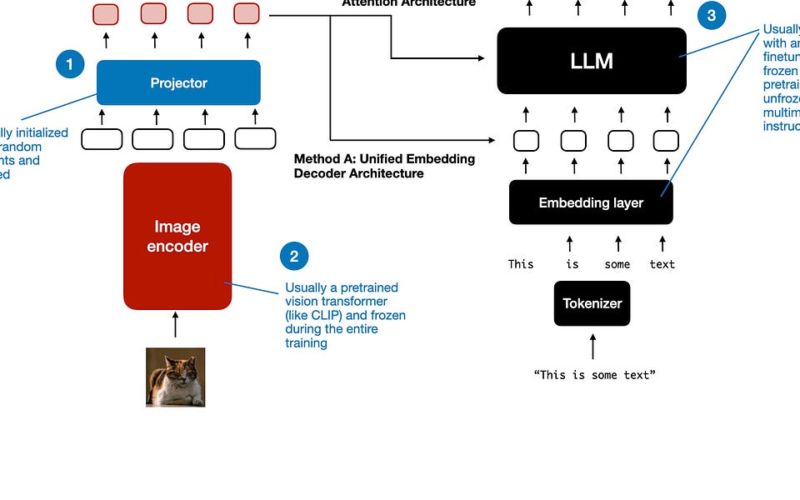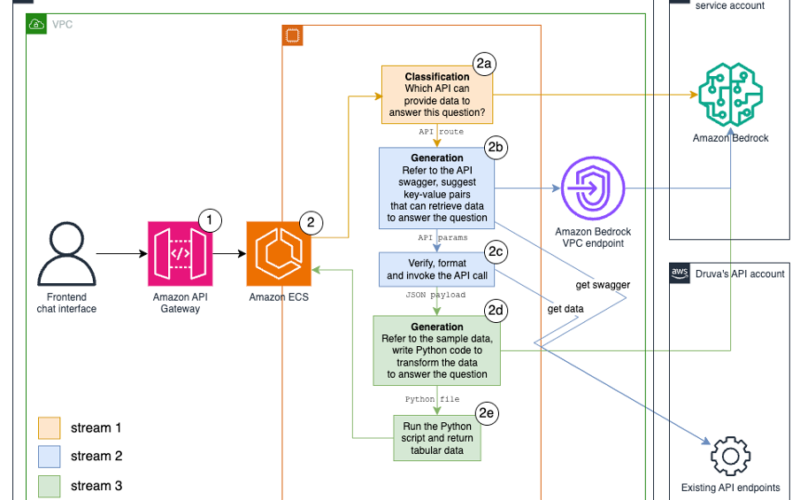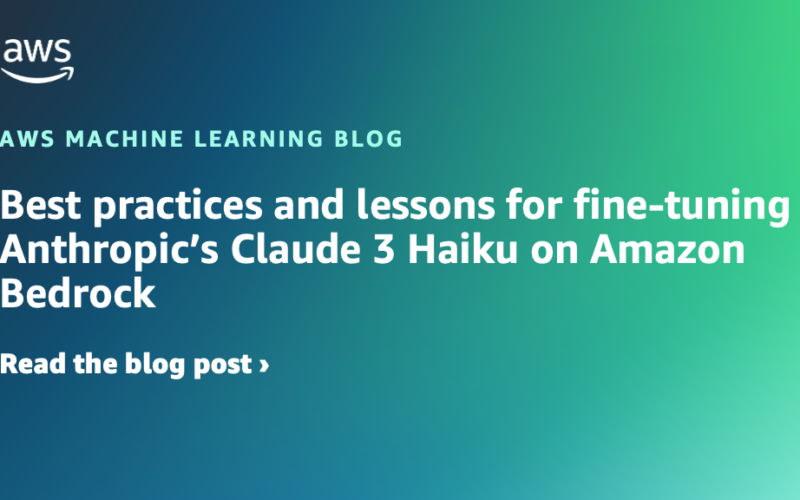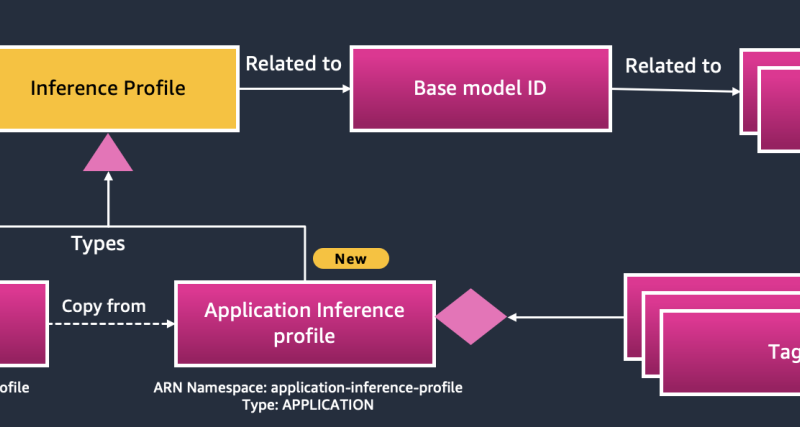04
Nov
Normal Computing UK, an AI and hardware company, was selected as one of 12 teams awarded funding from the Advanced Research + Invention Agency (ARIA) Scaling Compute Programme. The programme, backed by £50M in funding, aims to reduce AI hardware costs by 1000x while diversifying the semiconductor supply chain. Normal Computing’s hardware initiative, led by Chief Scientist Dr. Patrick Coles, formerly from Los Alamos National Laboratory, will bring expertise in noise-based computing and thermodynamics to develop physics-based computing chips for matrix inversion and explore applications in training large-scale AI models to transform AI hardware efficiency. Normal Computing’s trademark “thermodynamic computing” approach…






